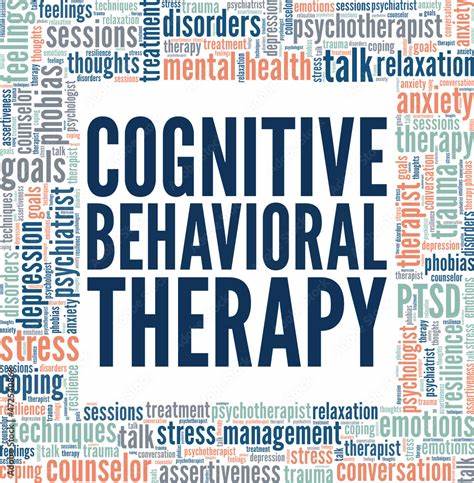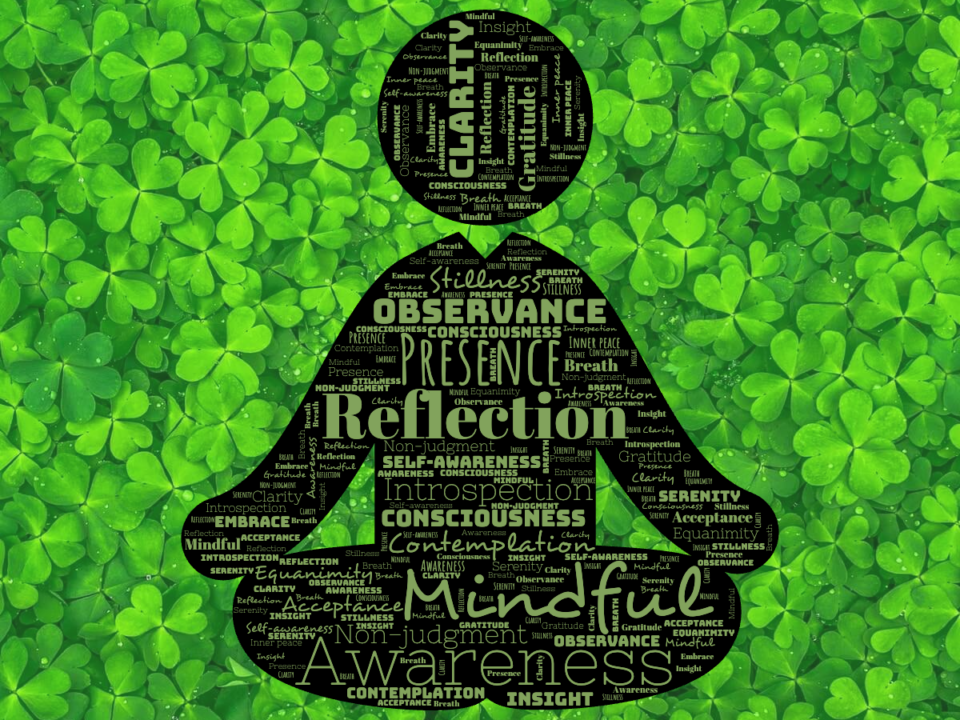Cognitive Behavioural Therapy to manage thoughts and behaviour

Therapist of the Month – June 2024
12/06/2024
TRY THIS! Behavioural Therapy remedies
12/07/2024CBT, also known as Cognitive Behavioural Therapy, is a therapeutic technique and a form of psychotherapy from Behavioural Therapy that is usually used as an additional or alternative strategy to guide individual clients through a series of strategies consistently to reflect on current state of mind and compare progress (or not) over time.
CBT can be used to assess disorders such as mental illness conditions, addictions, depression, anxiety, loss, phobias, relationship problems and eating disorders. It is an approach that allows clients to recognise negative thoughts, emotional and behaviour patterns so each can be discussed and recorded for reference over a set period of time. The process allows a client to reflect, understand and change own thinking to change own thoughts and behaviours as well as recognise any recorded pattern changes. It helps a person to manage own thought patterns.
There are many types of Behavioural Therapy such as Delectable Behavioural Therapy (DBT) which can be used to guide a client to learn how to be present and more conscious in the now rather than be focused on the past or future so that emotions can be regulated.
Rational Emotional Behavioural Therapy (REBT) focuses on how our learning, thought processes, emotions and behaviour are interlinked.
The ABC model (Activating, Belief, Consequence) involves identifying an Activating event, which relates to what’s going on around the client, the Belief to focus on the thought processes connected to identified event and any Consequences connected to emotional output in relation to the identified belief. The ABC model can be used daily to identify the causes of an unsettling event by identifying what is happening within self in relation to beliefs rather than what is happening externally.
Acceptance and Commitment Therapy (ACT) gives clients the skills to embrace own deep emotions and feelings rather than just dismiss them so that thought processes and behaviour can be changed as needed.
Cognitive Behavioural Therapy can be used to regulate thoughts, emotions and behaviour by identifying, challenging and understanding the processes involved. This allows opportunities for strategies to be put into place as needed. For example, to reverse stress, relaxation techniques can be used.
Behavioural Therapy is known to be “goal-oriented and problem focused therapy” that allows a client to focus on thinking, emotion, behaviour in that moment and as relevant to focus. It allows the client to actively learn how to assess own thought or behavioural patterns. This therapy tends to be used more for minor mental disorders rather than more complex one, but can be used in addition to other therapies.




